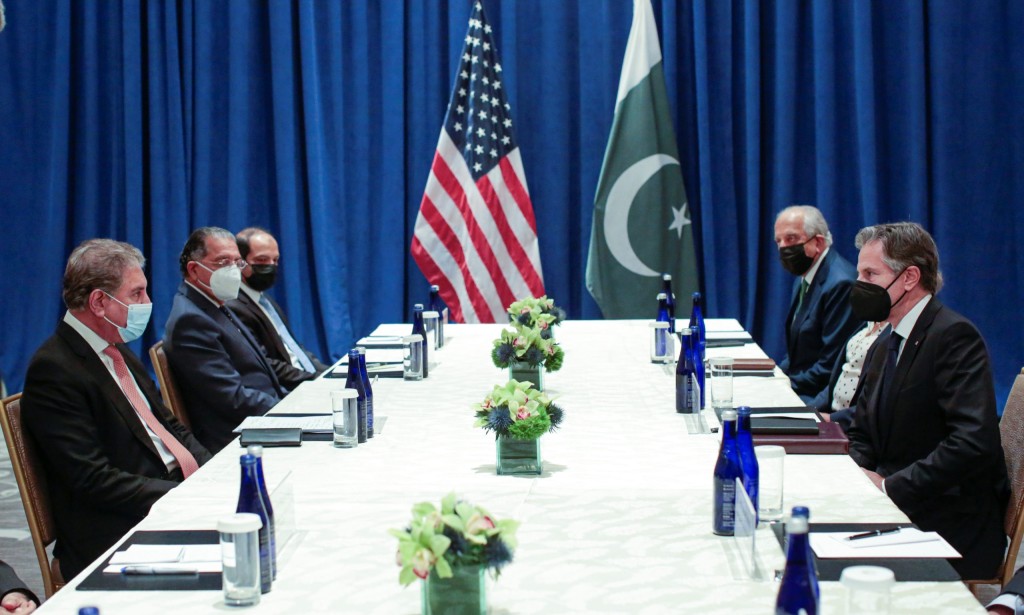Relationship between United state and Pakistan
Title: The Evolving Relationship between the United States and Pakistan be
Introduction
The relationship between the United States and Pakistan has been characterized by complexities and fluctuations over the years. Shaped by geopolitical interests, security concerns, and regional dynamics, this article aims to provide an overview of the evolving dynamics and key aspects of the relationship between the two nations.
Historical Background
The United States and Pakistan have a long history of engagement. During the Cold War, the United States viewed Pakistan as a valuable ally against the Soviet Union. Military and economic aid flowed into Pakistan, strengthening ties between the two countries. However, the relationship faced strains in the 1990s due to Pakistan's nuclear weapons program, which led to sanctions and a temporary freeze in cooperation.
Post-9/11 Alliance
The 9/11 attacks marked a turning point in U.S.-Pakistan relations. The United States sought Pakistan's support in its fight against terrorism in Afghanistan. Pakistan, under President Pervez Musharraf, aligned itself with the U.S.-led coalition and provided vital logistical support and intelligence cooperation. The relationship between the two countries grew closer during this period, with increased military assistance and cooperation.
Challenges and Tensions
Despite periods of close cooperation, challenges and tensions have characterized the U.S.-Pakistan relationship. One major concern for the United States has been Pakistan's alleged support for militant groups operating in Afghanistan. The United States has accused Pakistan of harboring terrorists and providing safe havens, which has strained bilateral trust and led to periods of disagreement and aid suspensions.
Another source of contention revolves around issues of human rights, democracy, and governance. The United States has raised concerns about Pakistan's human rights record, particularly regarding freedom of speech, religious freedom, and the treatment of minority communities. These issues have at times strained the bilateral relationship.
Recalibration and Shifting Priorities
In recent years, both countries have sought to recalibrate their relationship. The United States has acknowledged Pakistan's role in facilitating peace talks in Afghanistan and has shown a willingness to engage in dialogue to address shared concerns. The focus has shifted toward promoting stability in the region and ensuring the Afghan peace process moves forward.
Cooperation and Engagement
Despite challenges, areas of cooperation remain between the United States and Pakistan. Counterterrorism efforts, intelligence sharing, and military cooperation continue to be important aspects of the relationship. The United States has supported development projects in Pakistan, aiming to improve education, healthcare, and infrastructure.
Future Prospects
The future of U.S.-Pakistan relations is influenced by various factors, including regional stability, security concerns, and evolving geopolitical dynamics. Both countries recognize the importance of maintaining constructive engagement and addressing shared challenges. The United States has emphasized the need for Pakistan to take decisive action against terrorism while promoting democratic values, human rights, and inclusive governance.
Conclusion
The relationship between the United States and Pakistan has evolved over time, experiencing periods of close cooperation as well as strains and tensions. While challenges remain, both countries continue to engage in areas of shared interest, such as counterterrorism and regional stability. The future trajectory of the relationship will depend on the ability of both nations to address common concerns, build trust, and work together to promote peace and prosperity in the region.



You must be logged in to post a comment.